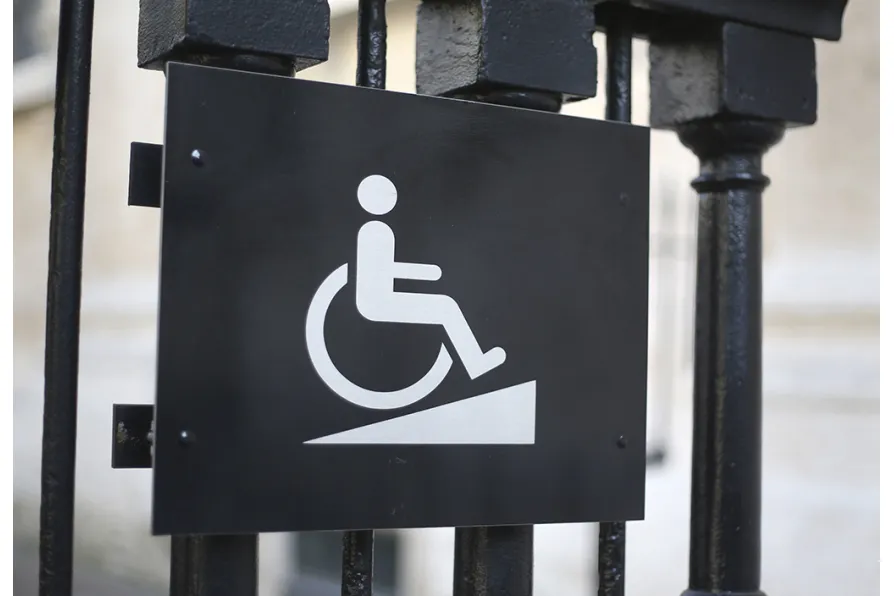The Carpathia isn’t coming to rescue this government still swimming in the mire, writes LINDA PENTZ GUNTER


MANY would agree that meaningful work can make a positive difference to the lives of some disabled people.
Work can break down barriers of loneliness and isolation and a supportive working environment can increase feelings of self-worth and self-confidence for anyone in society.
Unfortunately, the drive to push everyone, including disabled people, back into work has coincided with the closure of many of the sheltered work schemes that provided support to disabled people who choose to return to work.

TONY BURKE says an International Labour Conference next month will try for a new convention to protect often super-exploited workers providing services such as ride-hailing (taxis) such as Uber as well as fast food and package delivery

When privatisation is already so deeply embedded in the NHS, we can’t just blindly argue for ‘more funding’ to solve its problems, explain ESTHER GILES, NICO CSERGO, BRIAN GIBBONS and RATHI GUHADASAN












